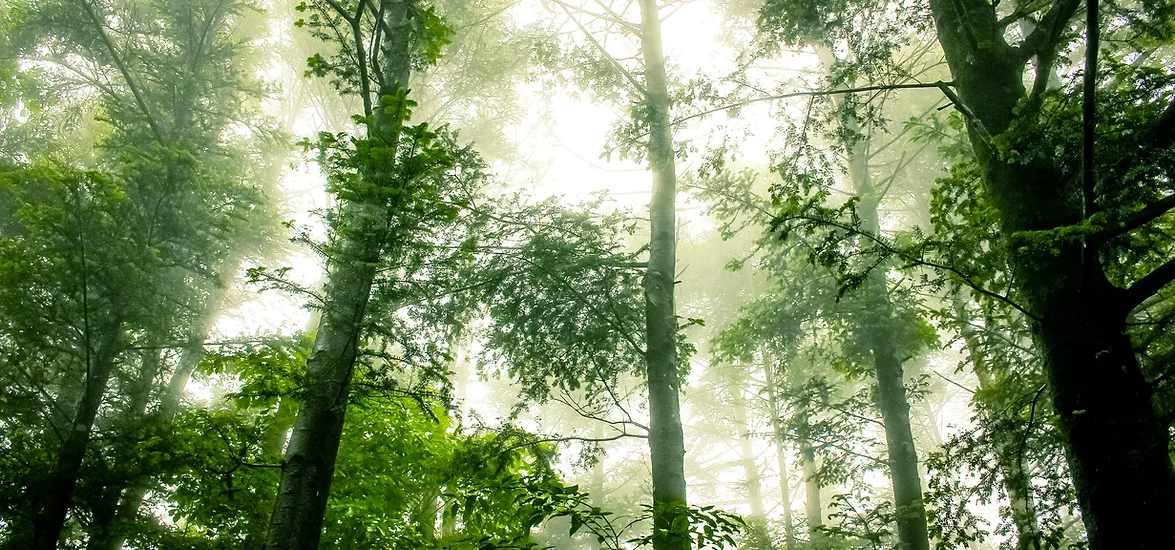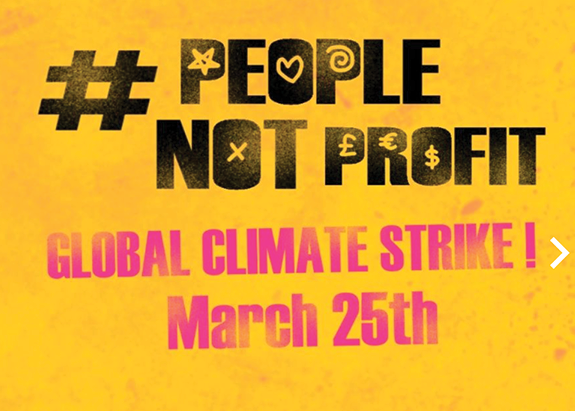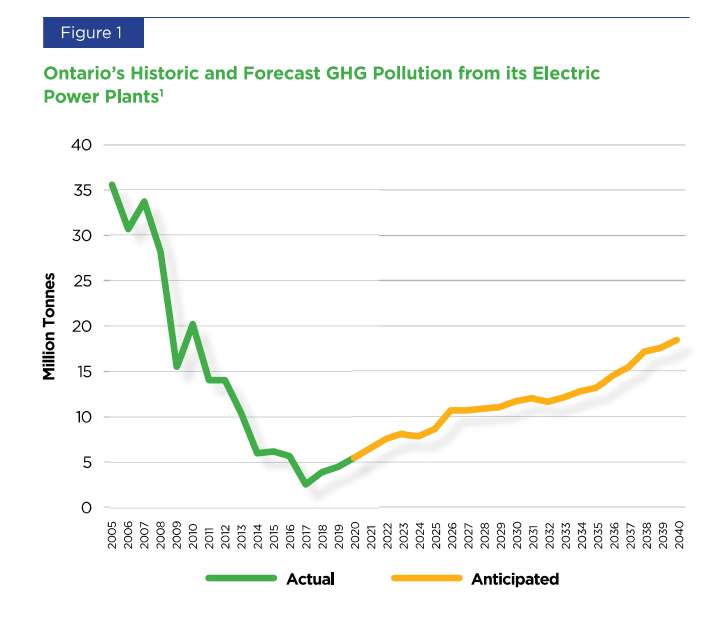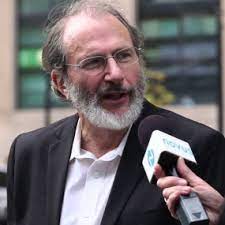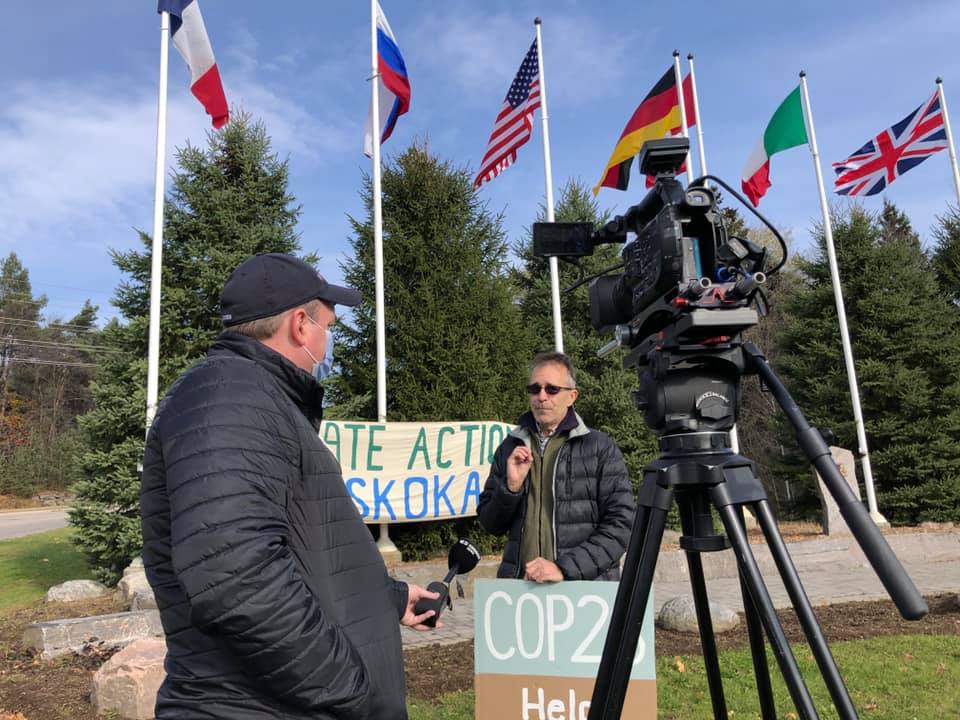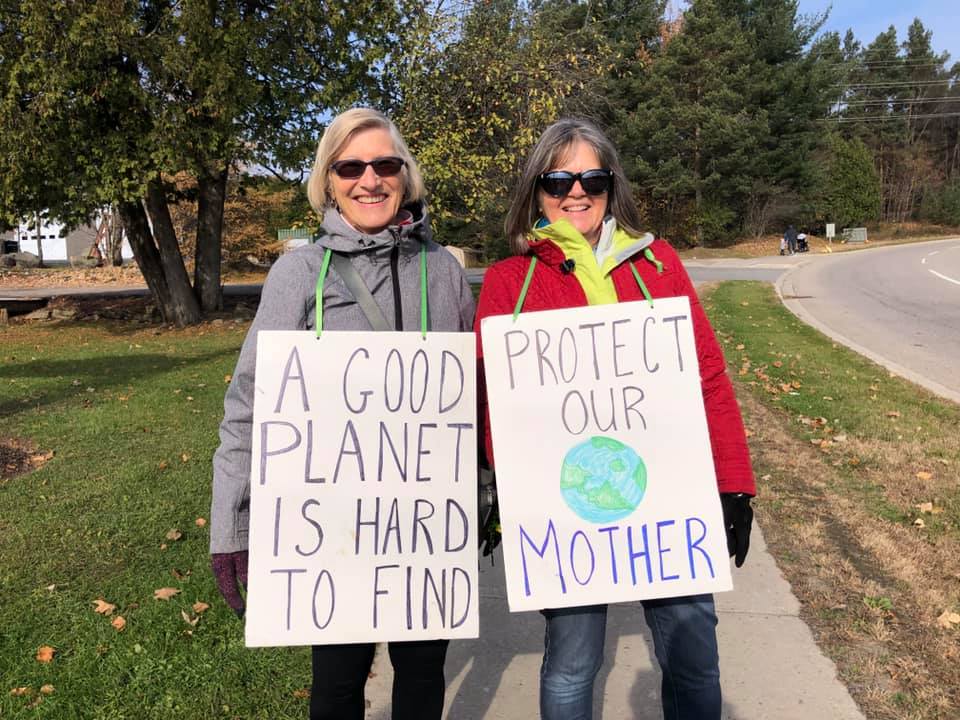Muskoka – Enbridge Gas Inc is preparing a major gas pipeline expansion in the Hidden Valley area of Huntsville. As one of the ‘interested and potentially affected parties” and as a “stakeholder” in the future, Climate Action Muskoka (CAM) is compelled to respond to this expansion of fossil fuel infrastructure in Muskoka.
“Since the climate impacts of this gas expansion are not being considered, Enbridge Gas’ statement that it is ‘protecting the health and safety of all individuals affected by our activities’ comes across as hollow greenwashing,” says CAM spokesperson, Sue McKenzie.
33 Ontario municipalities, including Bracebridge, have called for the phase-out of gas power in Ontario. Earlier this month, UN Secretary-General Antonio Guterres warned the world that new investments being made in coal, oil and gas were “delusional” given their impact on climate change.
“Nothing could be more clear or present than the danger of fossil fuel expansion,” Guterres told the Major Economies Forum last month.
If you have concerns about this expansion in our riding, CAM urges you to submit your comments to the Hidden Valley Community Expansion Project Virtual Open House questionnaire, pdf by July 8, 2022. For more information and a version you can complete online go to https://solutions.ca/HiddenValleyEA/ and scroll to the bottom. Your comments will be sent to the Ontario Energy Board (OEB) as part of the Environmental Assessment Report on the project.
CAM’s submission to the Hidden Valley Gas Expansion Project follows:
“Thank you for the opportunity to provide input on this project.
As you may know, last year Huntsville declared a climate emergency, and in that declaration committed to reducing our greenhouse gas emissions (GHG) by 50% by 2030. Responding to this climate change emergency must be a top priority for all of us according to the IPCC report of 2018 and recently reiterated by UN Secretary-General Antonio Guterres.
The gas line project you propose is intended to heat homes by burning gas, which will expand and lock in fossil fuel use and GHG production for decades to come. 95% of natural gas is methane the second biggest contributor to global warming.
The pipelines installed will cost on average over $26,000 per home, money which the province will pay to Enbridge. Householders opt in if they want the gas and then pay another $10,000 for an HVAC system.
The Ontario Government has set aside more than $234mn for these pipelines (Ministry of Energy, Northern Development and Mines) though existing gas users have been paying $1 a month since July 2019 to pay for them, and new customers will pay a surcharge of 23 cents a cubic meter over the next 40 years (Narwhal).
This money could instead be used for the following:
- Cold air heat pumps (air source heat pumps) that use electricity, not fossil fuels, to heat homes and which can capture heat from the air at -30C. The average heat pump can cost as little as half the $26k you are spending on each home.
- Provide air conditioning at the click of a switch (an additional benefit of heat pumps) and which is becoming essential as ‘heat domes’ become more prevalent.
- The money should be given directly to homeowners to install heat pumps and to improve insulation and windows. Reducing heat loss makes homes more affordable.
- Provide continuing well paid jobs retrofitting homes to conserve heat.
- Avoid the road works and disruption that pipelines will require.
Your gas expansion project is a costly use of money and resources to install a system which is already becoming obsolete. Municipal heating regulations are already requiring installation of non-fossil heating systems (Quebec, Vancouver, New York City) and Building Codes will soon require the same thing. The infrastructure you are proposing for Huntsville and Burk’s Falls is damaging to the climate and is clearly unfit for purpose.”
